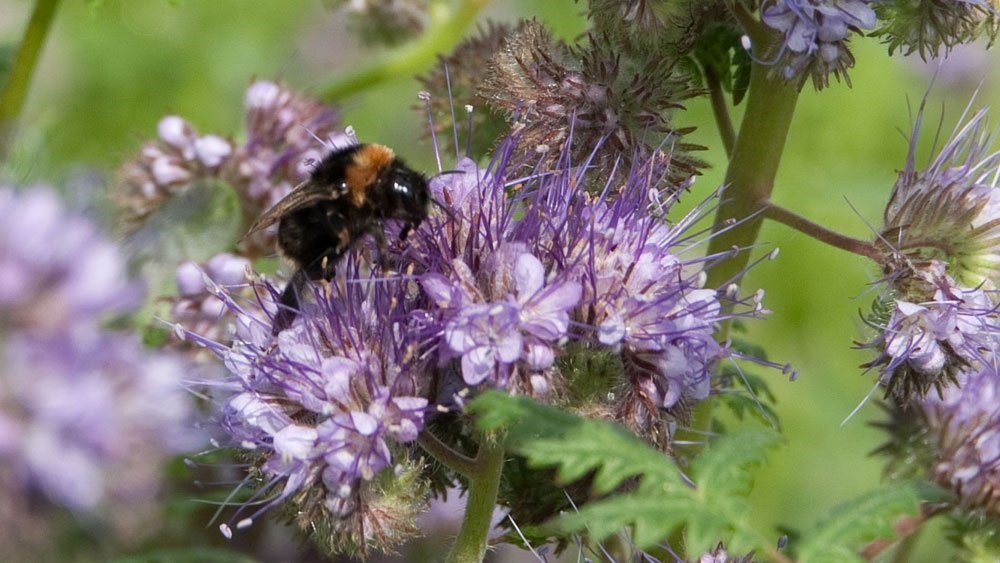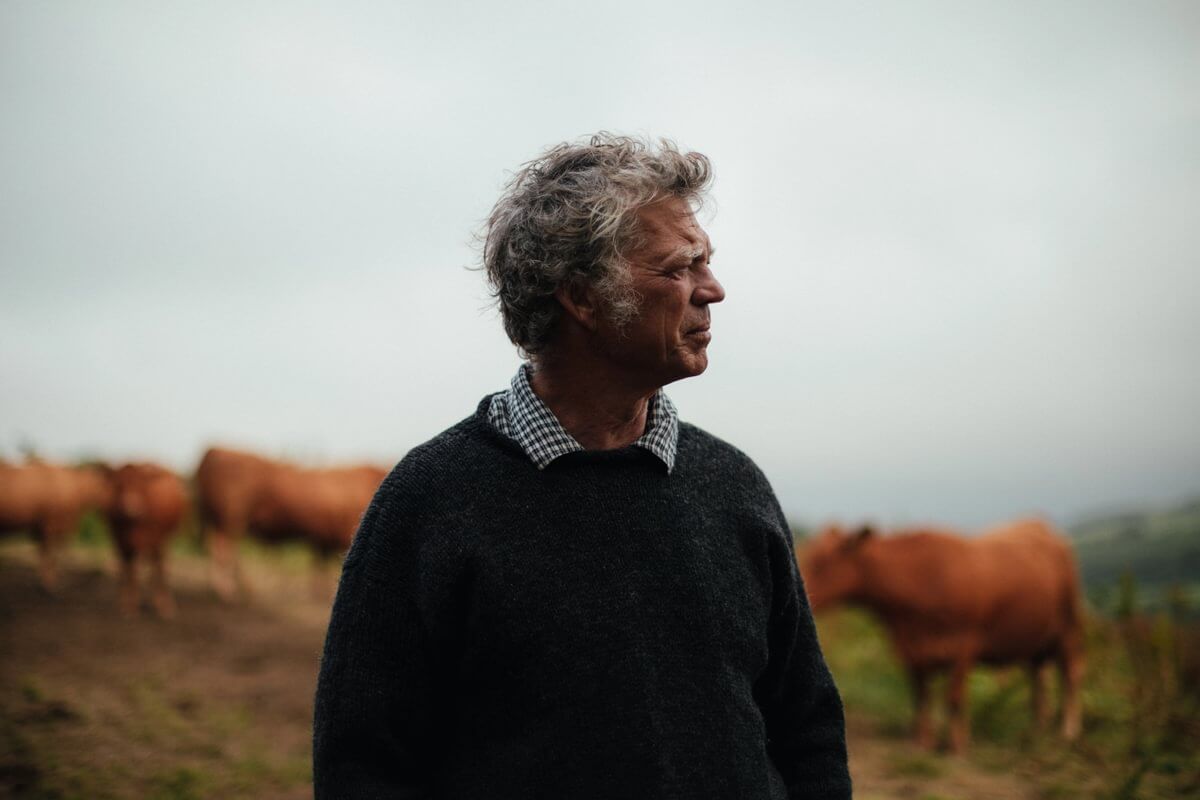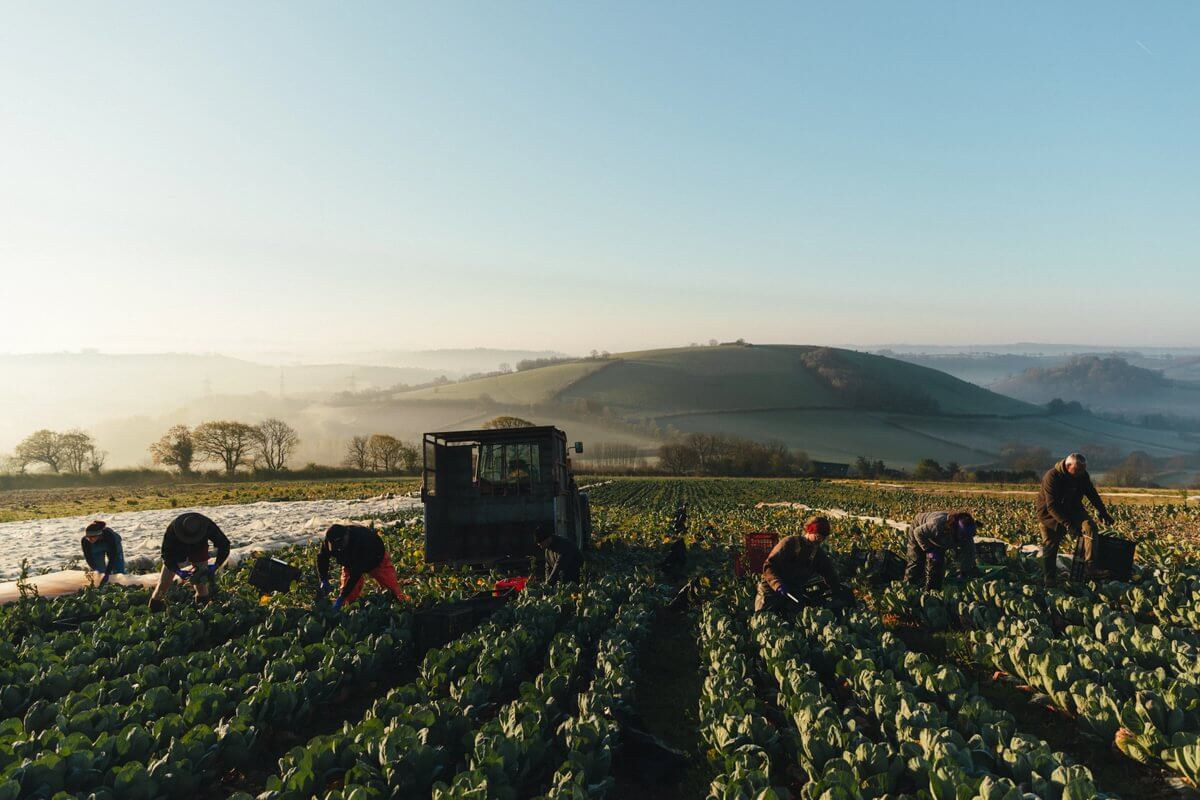The EU’s Common Agricultural Policy, which paid subsidies to farmers, was an expensive environmental and economic failure since its inception in the 1960s. By the time we left the EU, it amounted to little more than a levy on taxpayers to support landowners. Arguably it increased production, but at huge environmental cost, and with minimal respect for the rights and welfare of the non-landowning public or potential new entrants to farming. For me, the silver lining to the Brexit cloud of uncertainty was the prospect of a saner agricultural policy of our own.
‘Public money for public goods’ emerged under Michael Gove as the guiding principle of the UK’s new farming policy. Indeed, it was enshrined in the Conservative manifesto in 2019. The idea of incentivising environmental benefits was heartening, but defining and measuring ‘public goods’ was always going to be a challenge; one which Defra and successive ministers repeatedly underestimated, resulting in delays, confusion, and frustration for farmers. But details of new Environmental Land Management (ELM) subsidy schemes slowly emerged from endless consultations, and after six painful years, something usable did seem to be appearing.
For me, the silver lining to the Brexit cloud of uncertainty was the prospect of a saner agricultural policy of our own.
Last month, we filed an application which really did seem to promise public money to support tree planting, rewilding, and more. Finally there was hope, and we were moving from madness to sanity.
Then, last week, Defra announced that they are reviewing their plans – prompting fears that ELMs will be scrapped, and we will return to the indefensible system of area-based farm subsidies with little or no reference to environmental performance, just like the EU. Wildlife trusts and environmental organisations are furious. It seems that the rearguard lobbying of the National Farmers’ Union and certain landowners may once again have taken its toll. If ELMs are lost, the future of our food and farming will be shaped by the commercial interests of a rich landowning elite and the agrochemical industry, and subsidised by your taxes.
Six years of agonising failure of governance, and the unprecedented uncertainty that it creates, is progressively destroying the industry and countryside I love.
While our leaders indulge in debates of ideological dogma, the resulting policy vacuum is crippling anyone tasked with making the long-term decisions needed to deliver economic growth and environmental sustainability. We deserve much better.
Read an open letter from Riverford to our local MPs and find out how you can help here.










This is SO important and probably not many people know about it . I suggest going with this to newspapers AND the other political parties LIB DEMS and LABOUR to make it much more widely known aldo to young people.
On behalf of Somerset’s Reimagining the Levels network, thank you for the insightful and sensible way in which you’ve highlighted how much is at stake here. You are clearly in company with Professor Dieter Helm in saying how much we stand to lose if ELMS is abandoned.
Messages from the Government suggest that such an abandonment is indeed the direction of travel, but that nothing is yet set in stone. We know from recent experience that a change of course is possible, given the right pressure!
Few things, if any, are more important than the fact that human systems (including food production) are ultimately subservient to Earth Systems, including ecology. We need to stand up to the hubris of economic growth and profit above everything, but also to attend to our own needs in a flexible, pragmatic and non-ideological way.
Adrian Tait, on behalf of Reimagining the Levels (Somerset) https://reimaginingthelevels.org.uk/